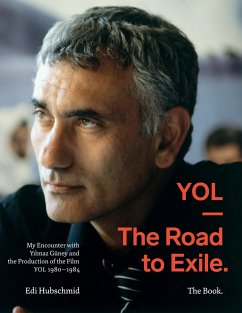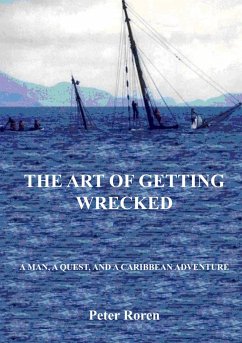
From Kamrabad to Cologne. Wanderer Between Two Worlds
Autobiography of a Modestly Known Indian
Herausgeber: Schriefl, Ernst

PAYBACK Punkte
0 °P sammeln!
In his autobiography, Saral Sarkar takes us along on a journey through his interesting and eventful life. He is one of the few persons who experienced the first full half of his life in a poor third world country, India, and the other half in a very developed European country, Germany. And he experienced these two countries intensively. Unlike so many other immigrants, he did not come to Germany for economic reasons, but initially, in the 1960s, because of his love for the German language (being trained there as teacher for German), and then later in the 1980s he stayed there because of his lo...
In his autobiography, Saral Sarkar takes us along on a journey through his interesting and eventful life. He is one of the few persons who experienced the first full half of his life in a poor third world country, India, and the other half in a very developed European country, Germany. And he experienced these two countries intensively. Unlike so many other immigrants, he did not come to Germany for economic reasons, but initially, in the 1960s, because of his love for the German language (being trained there as teacher for German), and then later in the 1980s he stayed there because of his love for his wife Maria Mies, a famous German feminist and sociologist. From an early age, he was very interested in political issues and movements, initially mainly from the left spectrum, but later (from the early 1970s on) his concern for ecological issues came to the foreground. The famous book The Limits to Growth (from 1972), which influenced an entire generation and served as an important impetus for the ecology movement, was also a turning point in his personal thinking. He experienced the rise of the green movement (and the Green Party) in Germany at first hand, but also left the Greens in disappointment in the second half of the 1980s. But it was not only political activism that shaped his life. From the 1980s onwards, he became an increasingly prominent author on environmental and political issues, with his two major works: "Eco-Socialism or Eco-Capitalism? A Critical Analysis of Humanity's Fundamental Choices" and "The Crises of Capitalism - A Different Study of Political Economy". It is no exaggeration to say that he is one of the most important contemporary thinkers on eco-political issues; one who coined the term "eco-socialism" in a consequent and clear way.














